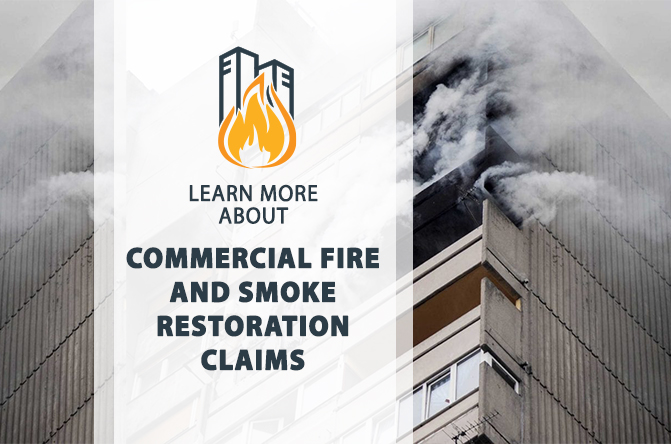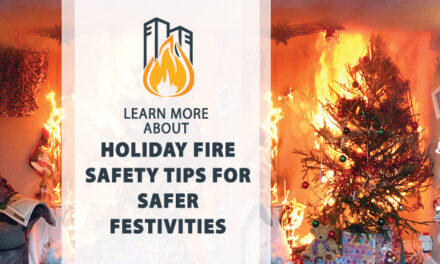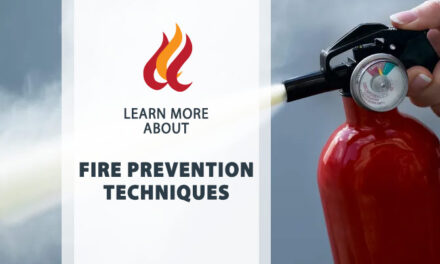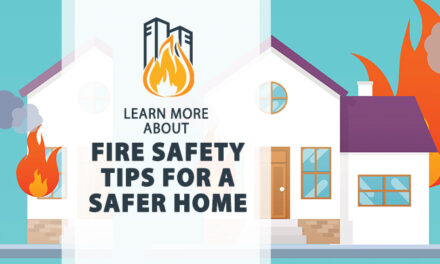Fire and arson investigations are critical in determining the cause of a fire, which can lead to arrests and convictions. Arson is a serious crime that can result in severe consequences, including imprisonment and fines.
In Indiana, arson is a serious crime. Arson is classified as a Level 4 or Level 6 felony (depending on the damage caused).
Arson is also a serious crime in Illinois. It is a Class 2 felony, and people who do it can spend three to seven years in jail.
Certified fire investigators team up with the ATF (bureau of alcohol tobacco) and state and local police to investigate the cause of fires. The investigators visit the fire site to examine and collect evidence.
They might collect debris, examine burn patterns, or test for the presence of accelerants like gasoline or kerosene.
The investigators also talk to anyone who might have information about the fire. Witnesses, bystanders, and the land owner may be involved. These details help investigators determine if the fire was intentional or accidental.
In order to determine whether a fire was arson or accidental, investigators must carefully analyze the physical evidence and other factors. Moreover, they may also use specialized equipment or software to help them in their investigation. In the end, investigators will present their findings to law enforcement and prosecutors, who will decide whether to charge.
Firefighters are also trained to spot signs of arson. Some of the things they might investigate include:
Famous Arson Cases
There have been several high-profile arson cases in recent years, including the National Fire Arson Cases. For instance, in 1993 the World Trade Center attacks too place. Terrorists used a bomb to start a fire that caused extensive damage to the building.
Another well-known case is the 2016 Gatlinburg wildfire. The gatlinburge fire was started by juveniles and resulted in the deaths of 14 people.
- Fire starts in multiple places or without an obvious cause.
- The presence of accelerants, such as gasoline or kerosene, which may indicate arson.
- The burn patterns or damage caused by the fire, which can provide clues about the fire’s cause.
How Insurance Companies Investigate Arson and Explosives Claims
Insurance companies also investigate arson claims, as they may have to pay for damages resulting from a fire. Insurance adjusters may seek for accelerants and work with fire investigators to determine the fire’s cause. Some of the things insurance companies may investigate include:- Whether the property owner had a motive to start the fire, such as financial difficulties.
- Whether the property owner had a history of making insurance claims.
- Whether the property owner had access to the property at the time of the fire.
The Difference Between Arson and Accidental Fires
The difference between arson and accidental fires is determined by intent. Arson is the intentional setting of a fire, while an accidental fire is just that, an accident. For example, if a cigarette left burning caused a fire, it would be considered an accidental fire. However, if someone intentionally set fire to a home, it would be classified as arson.Preventing Arson in Communities
Arson can be prevented through a combination of community education and increased security measures. Some things communities can do to prevent arson include:- Installing security cameras and lighting in areas at risk for arson.
- Conducting regular fire safety and prevention education programs.
- Reporting any suspicious behavior or activity to law enforcement.




